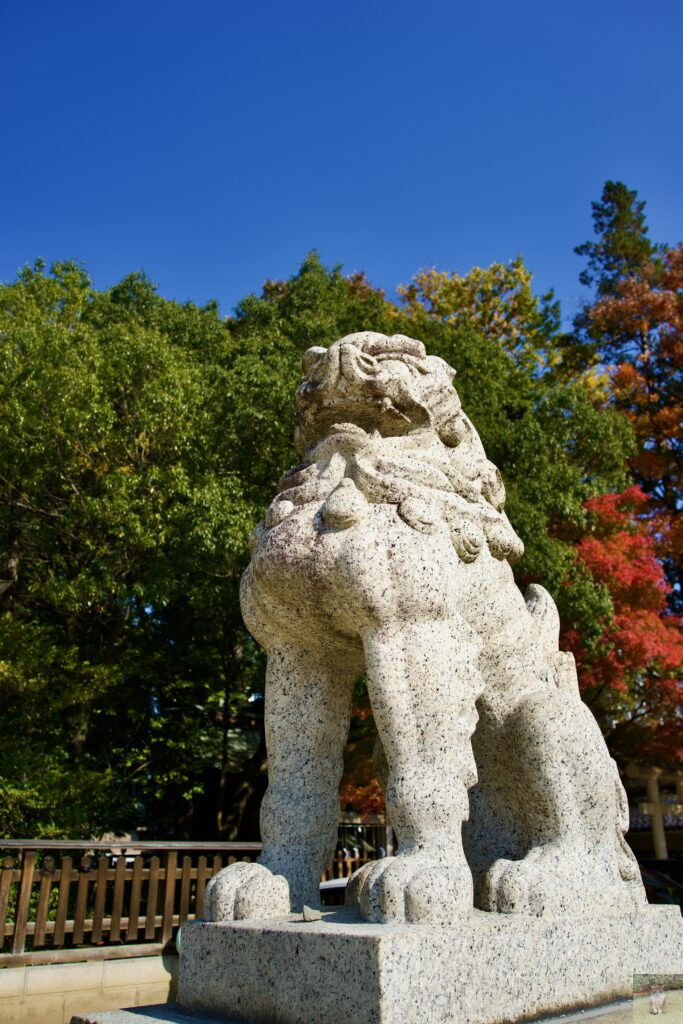“This is a trial version in English. The following blog is an automatic translation by AI. “
Introduction
As the year-end approaches, long queues form at popular lottery ticket outlets in Japan, a sight that reflects the Japanese people’s penchant for dreaming of sudden wealth. A closer look at Japanese society reveals various forms of gambling deeply ingrained in daily life, from pachinko parlors to horse racing, bicycle racing, and lotteries. Interestingly, this gambling culture coexists with a reputation for diligence and dedication to work. While these characteristics may seem contradictory, they actually coexist in Japanese society.
Japan as a Gambling Nation
Japan is renowned worldwide as a major gambling nation. The country boasts over 10,000 pachinko parlors, averaging about 250 per prefecture. This easy access to gambling is quite unique globally. In my youth, I frequently visited pachinko parlors during my free time, though it took me a while to realize that winning consistently was nearly impossible.
The Harsh Reality of Gambling
The odds of success in gambling are extremely low, with only the operators guaranteed to profit. This is why lotteries are often called a “tax on the poor.” Even if one wins a large sum temporarily, it rarely leads to true happiness or stable living. More often, gambling ruins lives.
Gambling Probabilities
Let’s look at the odds for various forms of gambling in Japan:
- Horse Racing: Varies by bet type, from about 16.6% for “show” bets to as low as 0.02% for trifectas.
- Lottery: The odds of winning the top prize in Loto 7 are about 1 in 10 million.
- Pachinko: While individual machine odds vary, they’re designed for long-term house advantage.
- Bicycle and Boat Racing: Similar to horse racing, with single-winner bets at about 10% and trifectas below 1%.
These statistics highlight the extremely low probability of winning significant amounts in gambling.
Dedication to Work
Conversely, Japanese people are known for their serious and diligent approach to work. Long working hours and dedicated commitment to jobs have been key factors in Japan’s economic growth. This diligence is rooted in a sense of social responsibility, group belonging, and self-realization through work.
Coexistence of Contradictions
These seemingly contradictory traits often coexist within individuals. While gambling addiction can be destructive, many Japanese seem to maintain a balance, preventing societal breakdown despite the prevalence of gambling.
Factors Contributing to Coexistence
Stress Relief
Gambling may serve as a stress relief mechanism for those who work diligently.
Risk Management Balance
People might balance cautious risk management at work with risk-taking in gambling.
Game-like Appeal
Some may enjoy gambling as a strategic game, similar to how they approach work challenges.
Statistical Probability Games
Both gambling and business negotiations can be seen as games of statistical probability, possibly utilizing similar skills.
Conclusion
Japan presents a unique case where a strong gambling culture coexists with a renowned work ethic. While the odds of gambling success are low and the systems are designed to profit operators, many Japanese people seem to balance these aspects of life. This coexistence offers an intriguing insight into Japanese society and culture, significantly influencing daily life and behavior


コメント